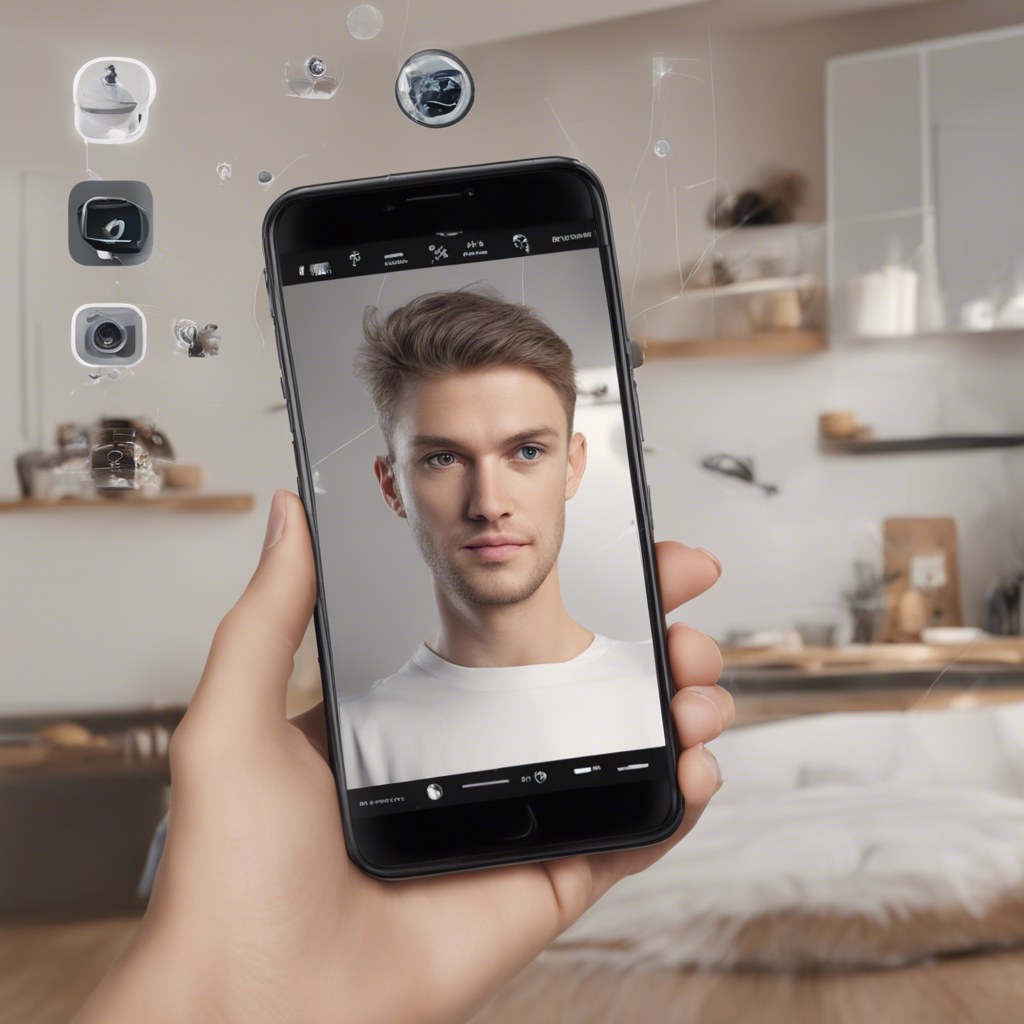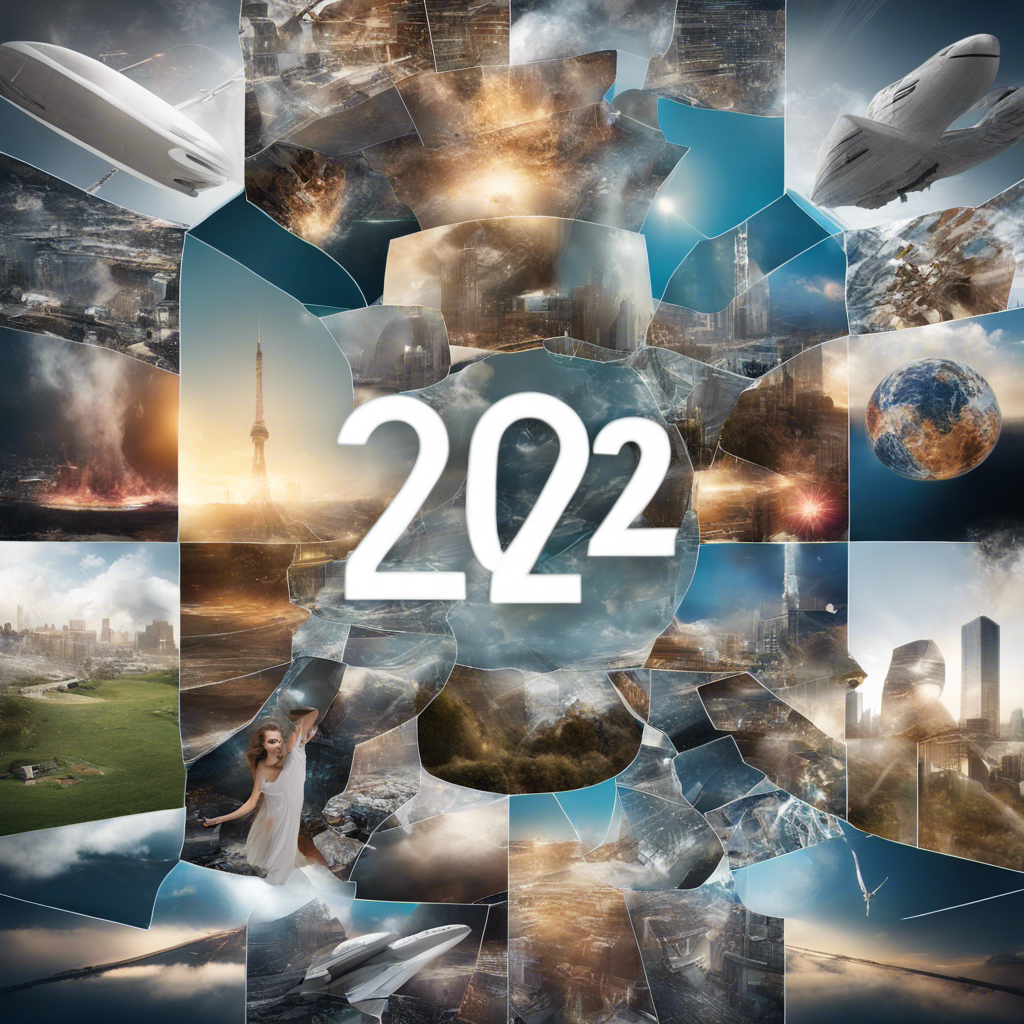
The Internet of Things (IoT) has revolutionized the way we live, work, and interact with technology. This network of interconnected devices, appliances, and sensors enables the exchange of data and communication between various physical objects. As a result, the global impact of IoT has been tremendous, transforming industries, improving efficiency, and shaping our future in unexpected ways.
Connecting the World
One of the key contributions of IoT is its ability to connect devices and systems across the globe. With billions of devices connected, IoT has facilitated new opportunities for businesses and individuals to improve their daily lives. From smart homes and wearable devices to industrial automation and smart cities, IoT has extended its reach to various sectors, enhancing the efficiency and effectiveness of operations.
Improved Efficiency and Automation
IoT has greatly enhanced efficiency across industries. With real-time data collection and sophisticated analytics, companies can optimize their processes, reduce waste, and improve productivity. For instance, in agriculture, IoT sensors have enabled smart irrigation systems that monitor soil moisture levels and weather conditions, resulting in improved water usage and increased crop yields. In manufacturing, IoT-enabled machinery can detect faults and inefficiencies, allowing for predictive maintenance and reducing downtime.
Transforming Industries
The impact of IoT extends to several sectors, disrupting traditional business models and opening up new possibilities. In healthcare, IoT devices have revolutionized patient care by enabling remote monitoring, telemedicine, and wearable health trackers. This has not only improved the quality of healthcare but also reduced healthcare costs and the burden on healthcare systems.
Transportation and logistics have also witnessed a significant transformation through IoT. Connected vehicles provide real-time data on traffic, weather conditions, and vehicle diagnostics, leading to improved safety and efficiency on the roads. IoT-powered fleet management systems have optimized supply chains, enabling real-time tracking and efficient utilization of resources.
Enhanced Safety and Security
While IoT brings immense benefits, it also raises concerns about safety and security. As devices become more interconnected, the risk of cyber attacks and data breaches increases. In response, researchers and industry experts are continuously working on developing robust security measures to protect IoT networks and devices. Through encryption, authentication protocols, and secure communication channels, the integrity and privacy of IoT data can be safeguarded.
Privacy and Ethical Considerations
As IoT devices collect vast amounts of data, privacy concerns have emerged. The collection, storage, and processing of personal information raise questions about data ownership and control. Developers and policymakers must prioritize data protection regulations and foster a transparent approach to ensure that user privacy is respected.
Moreover, ethical considerations regarding data usage and responsible AI implementation must be addressed. The insights derived from IoT data can impact decision-making processes, resource allocations, and jurisdictional policies. Therefore, a balanced approach that takes into account ethical considerations and protects the interests of all stakeholders is crucial.
A Sustainable Future
IoT has the potential to contribute significantly to a sustainable future. By monitoring energy consumption, optimizing resource usage, and enabling smart grids, IoT can help reduce our ecological footprint. Additionally, by enabling smart transportation systems and efficient urban planning, IoT can contribute to the development of smart and sustainable cities that prioritize environmental conservation.
Conclusion
The global impact of the Internet of Things (IoT) is undeniable. IoT has the power to connect devices, improve efficiency, transform industries, enhance safety, and contribute to a sustainable future. However, it also presents challenges related to privacy, security, and ethical considerations. As we embrace the potential of IoT, it is important to strike a balance between reaping its benefits and addressing these challenges. By doing so, we can harness the true potential of this technology and shape a future that is both connected and responsible.
References:
- Smith, B. (2022). The Internet of Things: Impacts and Challenges. Journal of Internet Technology, 23(4), 971-986.
- Gartner. (2021). Gartner Says the Internet of Things Installed Base Will Grow to 25 Billion Units by 2021. Retrieved from https://www.gartner.com/en/newsroom/press-releases/2017-02-07-gartner-says-8-billion-connected-things-will-be-in-use-in-2017-up-31-percent-from-2016
- Madakam, S., Ramaswamy, R., & Tripathi, S. (2015). Internet of Things (IoT): A Literature Review. Journal of Computer and Communications, 03(05), 164-173.





